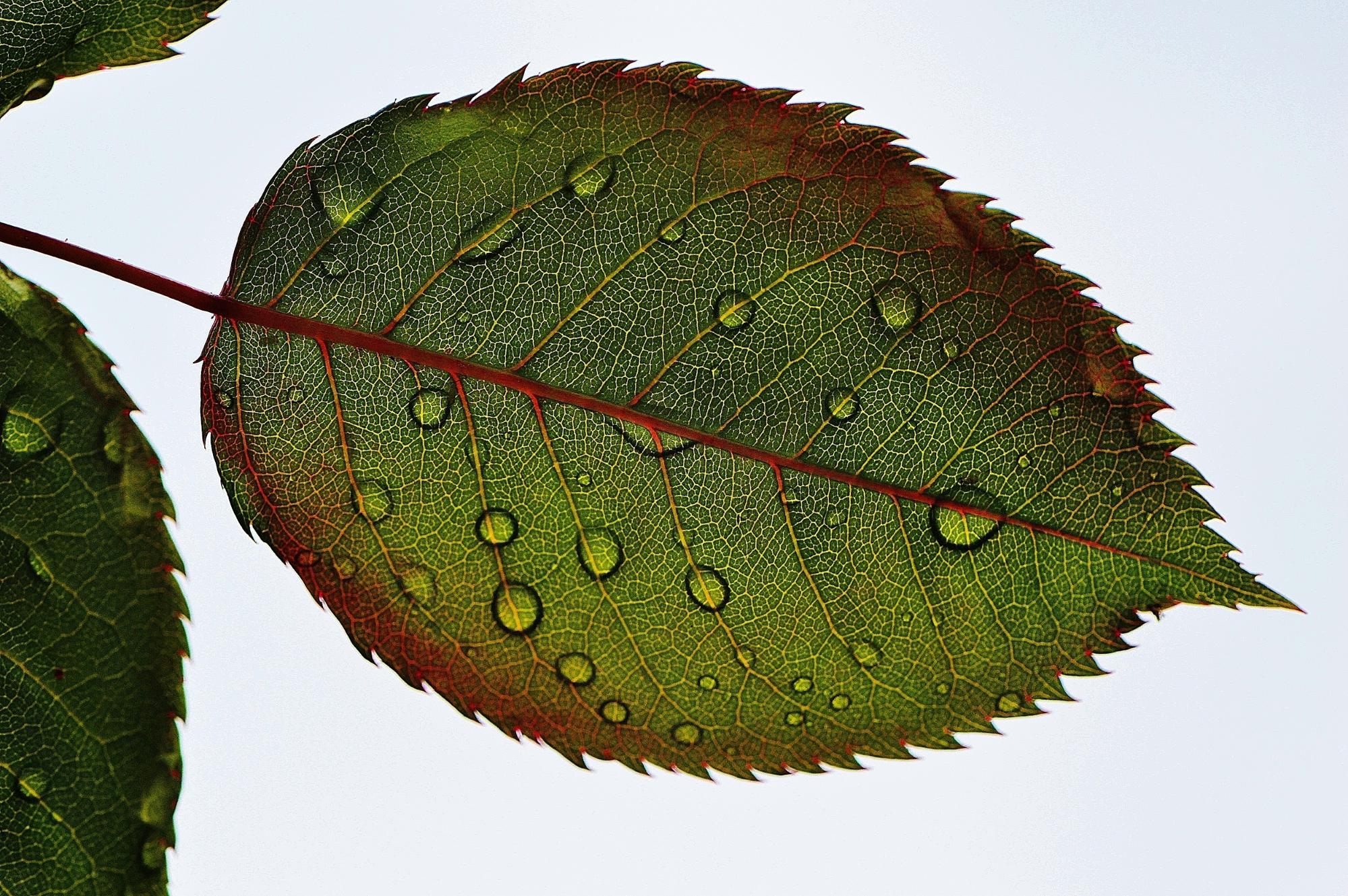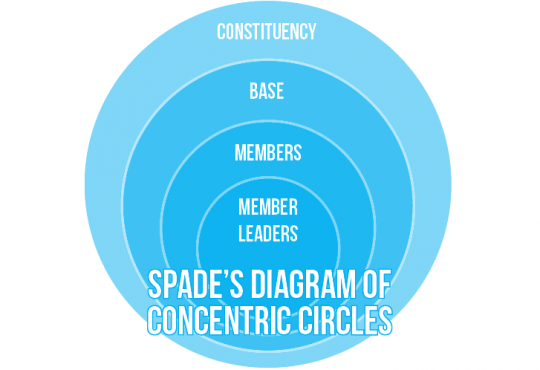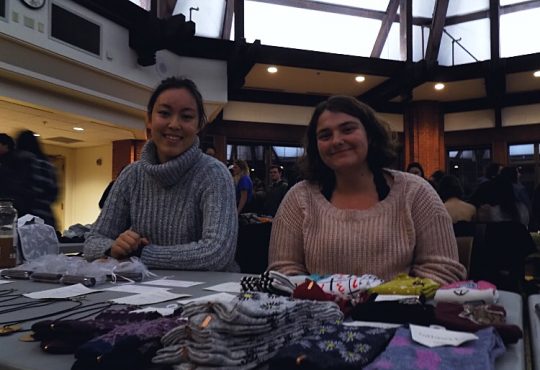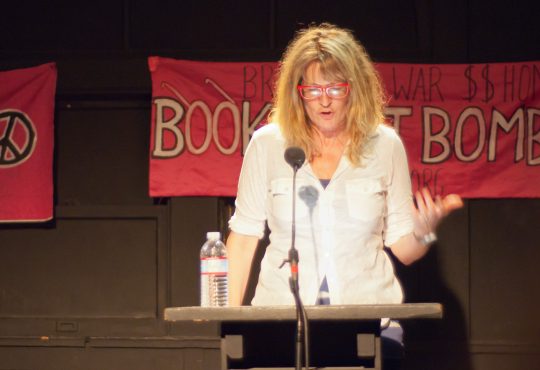
“It’s about more than just environmental content, but thinking about ecology as a kind of model for the way in which poetic form emerges,” English professor Bill Kupinse said of his English 328: Advanced Poetry Writing class.
English 328 has been offered almost every semester for the past few years, challenging Puget Sound students to connect poetry to a particular theme. While past themes include spoken-word and found poetry, this year’s theme of ecopoetry encourages students to question the relationship between ecology and poetry.
Each week students submit a poem to be workshopped in a small-group or whole-class setting. Kupinse does not hold students to the theme of ecopoetry but instead offers “invitations” as creative suggestion from which poets can take inspiration.
“One invitation was ‘a poem you would like to see pasted on, attached to or appearing in place of the nutritional information on a food item in the grocery store.’ Ideally, this would make visible a hidden relationship,” Kupinse said.
The hidden relationship is up to the creative interpretation of the poet but could refer to hidden ingredients found in food or the negative processes involved in creating food.
Students interested in the advanced poetry writing class must have completed English 228, the introduction to writing poetry class, to enroll. While English majors and minors should be able to register for the class without a code, non-majors and minors must contact the professor in order to do so.
The English 328 students will be performing their poems at the Crosscurrents launch party on May 6. The event will be held at Honey at Alma Mater from 6:00 p.m. to 7 p.m. The event is free and all are encouraged to come get a copy of Crosscurrents and hear Puget Sound poets perform.
Sophomores Molly Weegar and Zeno Deleon Geurrero and junior Kate Threat are students in English 328 this semester. Each poet has used the class and Kupinse’s “invitations” in a unique and creative way.
Weegar, Geurrero and Threat each agreed to share one of their poems for this article, as an example of the type of poetic work that English 328 produces.
“Crayfish Omelets”
By Molly Weegar
One Saturday morning
we climbed in your green
pickup. Filled with discarded
moxie bottles and loose shotgun
shells.
We went to wade in the
crisp clear stream in
search of those elusive
freshwater crustaceans. Upturning rocks
making the stream cloud and
our feet disappear below the muck.
When you would declare with
christly pleasure there to be
enough in our buckets. We climbed
back into that green pickup
of yours back home.
Where we boiled and shelled
and you let me help beat
the eggs into a yellowy soup.
Then I watched your strong
back as you handled the
skillet with practiced ease.
Patiently waiting till you placed
the steaming plates filled with
the fruits of our labor
made with your love.
“Intimacy”
By Zeno Deleon Guerrero
you say you’re a ghost
but I can hold your hands
their soft dimples
cradling me
the waves of your fingertips
wash over mine
and erode the cracks
on my palms
so please don’t let go
the chill of your absence
will rip fractures
upon my hands
expose skin flesh and bone
to icy winds and sleet
my hands will crack and
dissolve into haunted
valleys of death
“Harvesting Song”
By Kate Threat
my baby lies deep
next to the river bed.
she swims in the dirt
and sings sweet songs
to the seeds.
can you hear her?
do you taste her lullabies
caked in love and flash
on your lips after you season her?
she never completely cooks away.
the roots lift easy,
over my baby.
she pushes them up one by one
and we never want
for any more than her.
my baby sleeps soundly
next to the river bed.
she dances on water,
and the watching petals
learn to fly.
can you see her?
do you feel her breath
on the broken winds
across the corn leaves?
she never completely cooks away,
she never completely cooks away.






